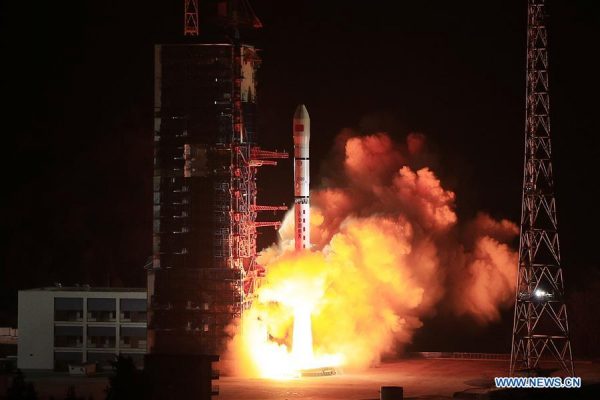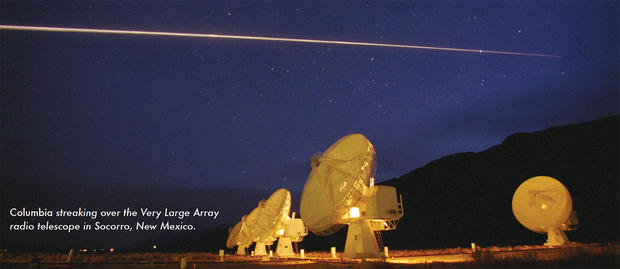China launches four ‘technology experiment satellites’ – Spaceflight Now

A Chinese Long March 2D rocket carried four “technology experiment satellites” into orbit Wednesday from the Xichang space center in southwestern China, according to the country’s state-run media.
Few details about the satellites were disclosed by China’s government-owned media. The country’s Xinhua news agency said the satellites will be mainly used to test “new Earth-observation technology.”
The two-stage Long March 2D launcher lifted off from the Xichang space base in southwestern China’s Sichuan province at 2107 GMT (4:07 p.m. EST) Wednesday, according to Xinhua. The launch occurred at 5:07 a.m. Thursday Beijing time.
The four satellites — designated XJS C, D, E and F — separated from the Long March 2D rocket in their planned orbit, state media said. The satellites were expected to be deployed into low Earth orbit.
Two of the four satellites were developed by the Shanghai Academy of Spaceflight Technology, a division of the government-owned China Aerospace Science and Technology Corp. The other two spacecraft were developed by the Harbin Institute of Technology and the DFH Satellite Co. Ltd., according to Xinhua.
The launch of the XJS satellites marked the first flight of a Long March 2D rocket from the Xichang space center. Xichang previously hosted flights of the Long March 2C rocket variant, along with launches of the Long March 3 family of rockets.
Past Long March 2D rocket missions have lifted off the Chinese spaceports at Jiuquan and Taiyuan.
Wednesday’s mission was the fourth Chinese orbital launch of 2020, and the 14th space launch to successfully reach orbit worldwide so far this year.
Email the author.
Follow Stephen Clark on Twitter: @StephenClark1.






